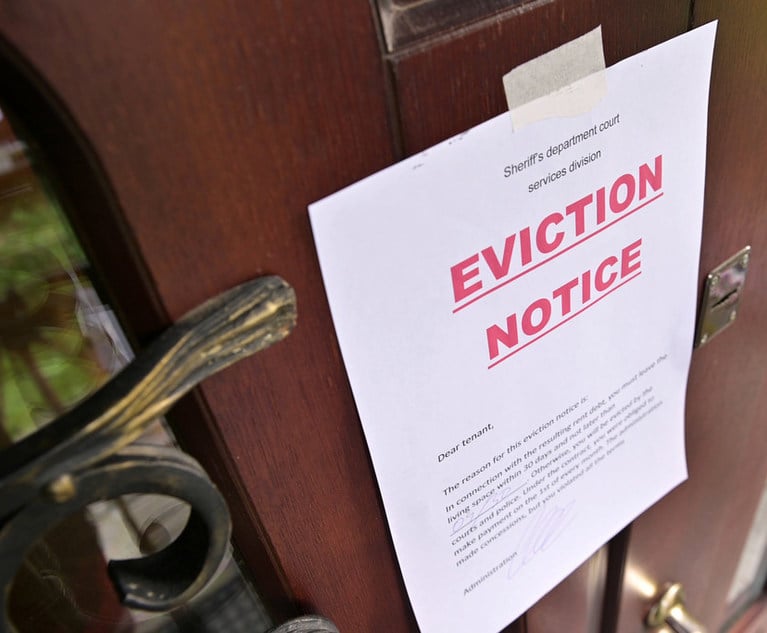This is truly critical for lenders—and borrowers. Once the mortgage balance is declared due (acceleration), if six years passes, the statute of limitations has expired (assuming no tolling or extension), the mortgage cannot be enforced and the borrower retains all the borrowed funds. [This assumes that the plaintiff cannot avail itself of the savings provision of CPLR §205(a); see 1 Bergman On New York Mortgage Foreclosures §2.20[2][a] LexisNexis Matthew Bender (rev. 2020) for review and citation.]. Perhaps surprisingly, and to the extraordinary dismay of lenders, this scenario occurs with frightening frequency.
Most of the issues arise regarding the moment of acceleration as a measuring point for the duration of the statute of limitations. Since much of this is an elemental concept of exceptionally long standing (it was being addressed at least as early as the mid-nineteenth century and likely in old England as well centuries before that) one might conclude that the issues were resolved more than decades ago so that they have long been graven in stone; not so.







